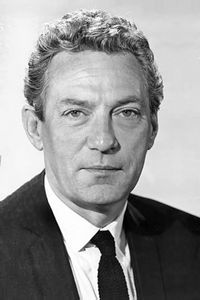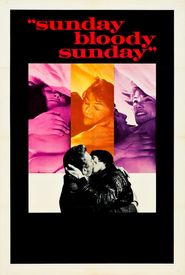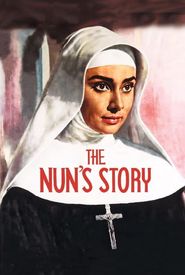Peter Finch, a renowned actor of his generation, left an indelible mark on the industry, not only for his remarkable on-screen presence, but also for his tumultuous personal life. Born in London in 1916, Finch relocated to Sydney, Australia, at the tender age of ten, where he struggled to find his footing in a series of unfulfilling jobs before discovering his passion for acting.
Finch's early foray into the world of cinema was marked by the mediocre comedy, The Farmer Goes to Town, in 1938. However, it was his stage debut as a comedian's stooge in 1939 that caught the attention of the illustrious Laurence Olivier, who persuaded Finch to return to Britain to hone his craft on the classic stage.
Tragedy struck when Finch embarked on an affair with Olivier's wife, the iconic Vivien Leigh, amidst a tumultuous love life that saw him married three times and embroiled in highly publicized romances with actresses Kay Kendall and Mai Zetterling.
As Finch's stage fright became increasingly debilitating, he made the decision to transition to film, where he would go on to win five BAFTA awards and solidify his status as a talented screen actor. Two of his most memorable roles, for which he received Academy Award nominations, were his portrayal of a homosexual Jewish doctor in Sunday Bloody Sunday (1971) and his iconic performance as the "mad prophet of the air-waves" in Network (1976).
Tragically, Finch passed away just a few months before being posthumously awarded the Oscar for Best Performance by an Actor in a Leading Role in Network (1976),a distinction that cemented his legacy as the first actor to receive the honor after his death.


































































